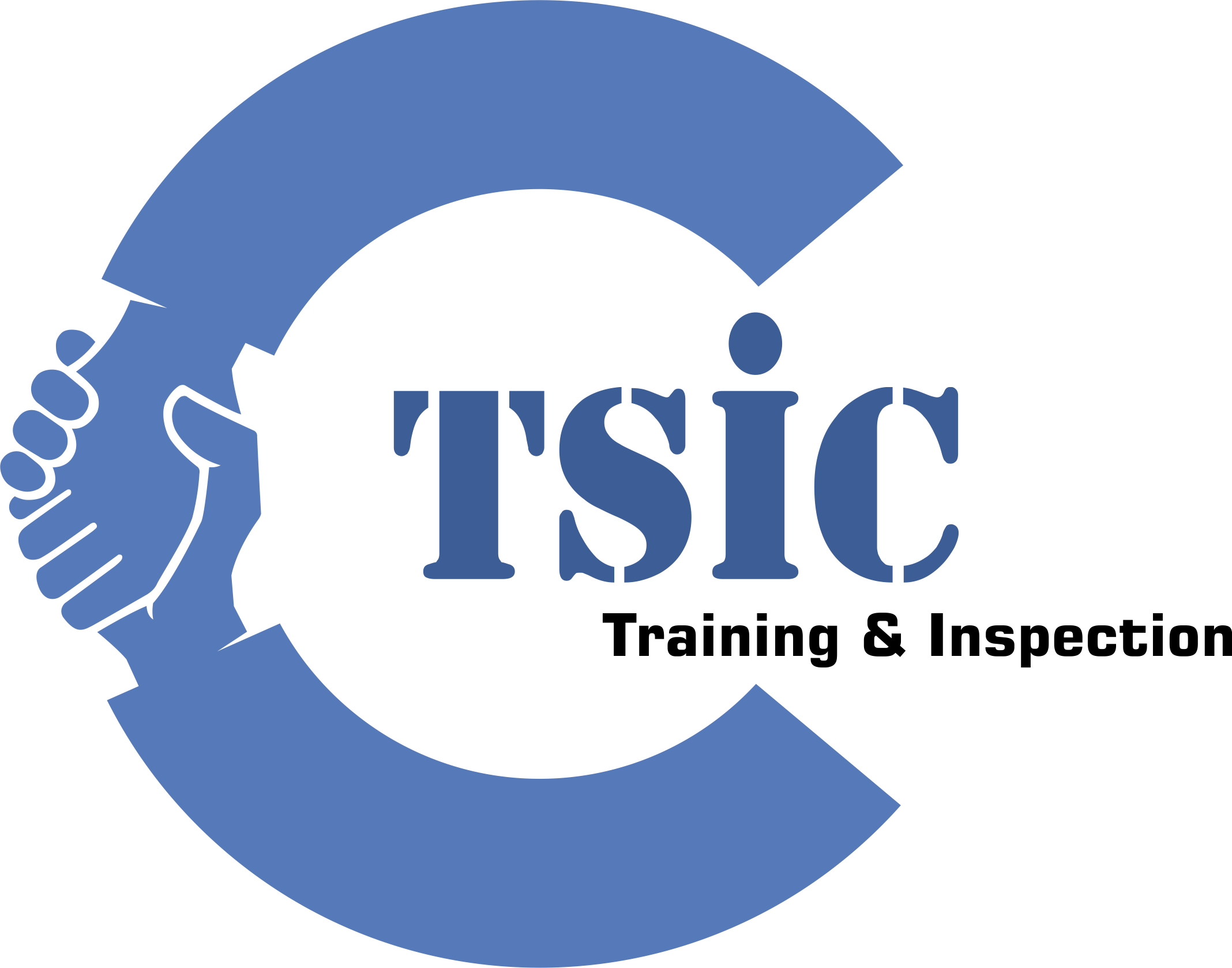Consuming too much alcohol too quickly can affect breathing, body temperature, and heart rate. In extreme cases, alcohol poisoning can cause brain damage or even death. Depressants cause slower brain activity, leading to muscle relaxation and a calm mood. Some CNS depressants become less effective over time, so that a person may feel the need to take a larger dose. If they stop using the drug, the original symptoms can return more severely than before. Misuse can also happen if a person uses someone else’s medication, if they take more than the recommended dose, or if they use drugs that a doctor has not prescribed.
We used the Wilcoxon two-sample test to assess gender differences in AUDIT-KR scores. To investigate the relationship between global or component scores of the PSQI-K and AUDIT-KR scores, we performed the Mann-Whitney test. Lorazepam, a benzodiazepine with antianxiety, sedative, and anticonvulsant effects, is available for oral, intramuscular, or intravenous routes of administration. Benzodiazepines are a controlled Schedule IV substance because they have a potential for abuse and may lead to dependence. However, if you find that your CNS depressants affect your daily functioning, speak to your doctor about it.
Opiates and opioids
If you suffer from insomnia, anxiety, panic attacks, or seizures, your doctor may prescribe a class of drugs called central nervous system (CNS) depressants. These medications are designed to slow your brain down, relax your muscles, and provide a sense of calm. Long-term overuse of alcohol can cause physical and psychological dependence.
How CNS Depression Works?
After use, people will experience fatigue, amnesia, confusion, and anxiety. No matter how severe your alcohol misuse, recovery from this type of depressant is possible. When you speak with a mental health professional, you can determine what treatment plan works best for you and your situation.
Using this item, we defined “regular” alcohol use as consuming alcohol on average one or more times per week in the past year, (i.e., at least 52 times in the past year). As an additional robustness check, we separated those who abstain from those who drink infrequently and examined whether medication use differed between these groups. In the present study, which focused on the effects of alcohol consumption on sleep quality among adults aged 20 years and older, we found that AUDIT-KR and PSQI-K scores were significantly correlated among male subjects.
Excessive drinking can also harm your finances, relationships, and physical and mental health, so it’s important to seek professional care if it becomes a problem. If you’re undergoing alcohol withdrawal symptoms or want to reduce alcohol cravings, you may be prescribed medication. The FDA-approved options include naltrexone, acamprosate, and disulfiram. As one of the most widely used and socially accepted drugs in the world, alcohol is easily abused. A common psychoactive drug, alcohol, alters your consciousness, thoughts, and mood. It can be tempting to drink for the “mood-boosting” side effects, but this can lead to alcohol abuse or dependence on alcohol.
Increased Vulnerability
- Sometimes these effects can be mild, but they can also be severe and potentially dangerous.
- This is in agreement with our findings that, among men, drinking decreased overall sleep duration and increased sleep disturbances.
- Other stimulants include caffeine, cocaine, and methamphetamine.
- Much of the terminology used to describe alcohol’s effects will have already been introduced in this chapter, so make sure you are comfortable with this chapter’s material before moving on.
Antagonism of the μ-opioid system also reduces the motivation to consume alcohol. New animal models of binge alcohol intake, such as the alcohol deprivation effect (ADE) and the “Drinking-in-the-Dark” technique, would help us to develop new treatment methods against alcohol dependence. In this chapter, neurobehavioral effects of both acute and chronic alcohol exposure are described. Ethanol can pass freely through the lipid bilayer of cells and affects several intracellular proteins, including many involved in second-messenger pathways. Interestingly, decreased sensitivity to the effects of ethanol seems to be predictive of a high probability of alcoholism in humans (see below). As described above, ethanol interacts with and modifies the function of a number of membrane-bound proteins.
Barbiturates
Prescription depressants can be monitored much more closely than alcohol abuse. The overuse of depressants can lead to symptoms of CNS depression, including slowed reflexes, lightheadedness, fatigue, and difficulty breathing. Depressants affect GABA, an inhibitory neurotransmitter that slows down activity in the brain. When severe, CNS depression caused by substances such as opioids, alcohol, barbiturates, benzodiazepines, and sleeping medications can be fatal. Addressing alcoholism and depression simultaneously is critical for effective recovery, as these conditions often reinforce each other, creating a challenging cycle to break.
If you have concerns about your alcohol use, counseling and treatment programs can help you overcome your misuse of alcohol. Joining a support group or a 12-step maverick house rehab program such as Alcoholics Anonymous may help. If severe CNS depression is left untreated, it can be fatal for the person living with the condition. Naloxone is administered to people who are suffering from an opioid overdose. It can either be administered as an injection or given intravenously. Alcohol directly impacts brain chemistry by altering the function of key neurotransmitters.
Mixing CNS depressants, opioids, and alcohol increases their effect. There may be severe adverse reactions and possibly life-threatening consequences. Examples of CNS depressants include tranquilizers, hypnotics, and sedatives.
People who are dependent on alcohol may experience withdrawal symptoms when they try to quit drinking. These symptoms may range from nausea and anxiety to seizures and hallucinations. An overdose of a CNS depressant can happen by accident, but people sometimes choose to take more of the drug than a doctor recommends to get a more “intense” effect. People have also been known to overdose on these medications deliberately to end their lives. Several substances can depress the CNS, ranging from anti-anxiety and sleep medications to so-called recreational drugs, such as heroin.
